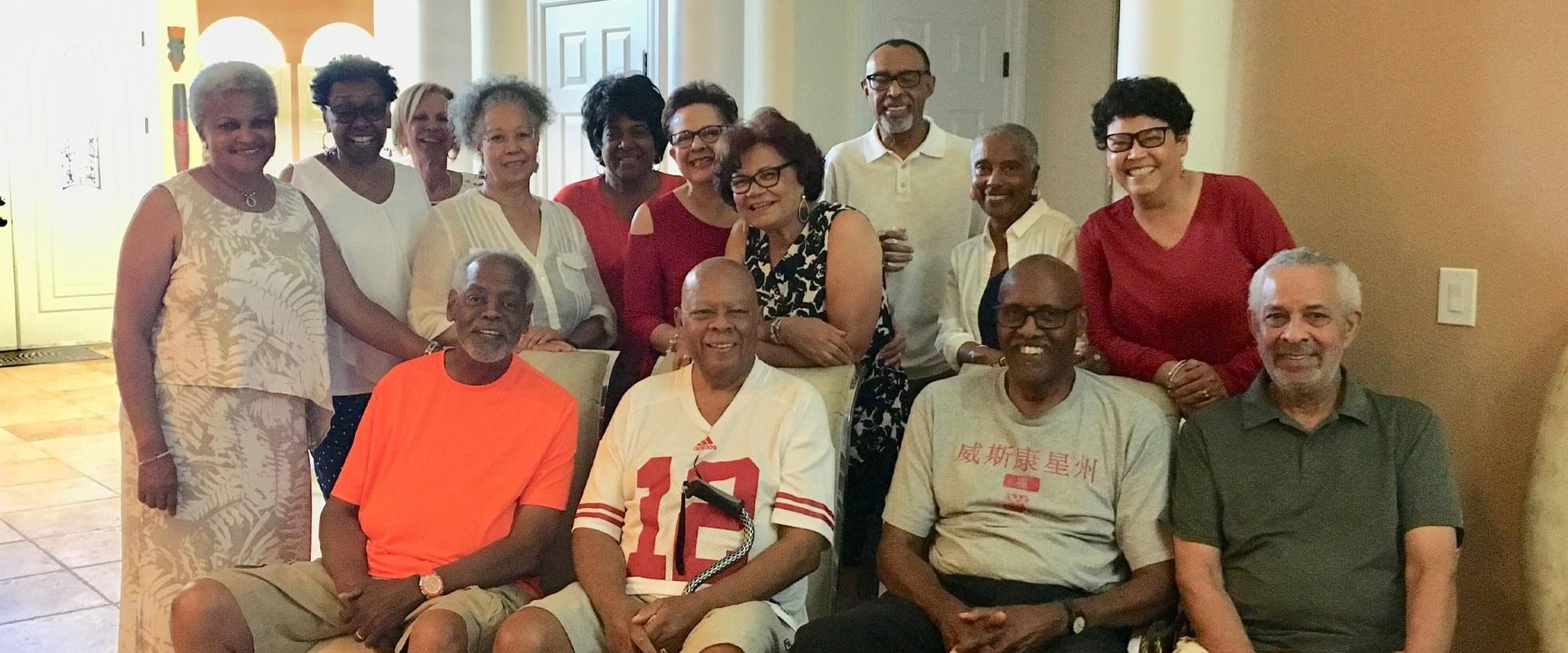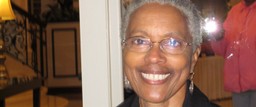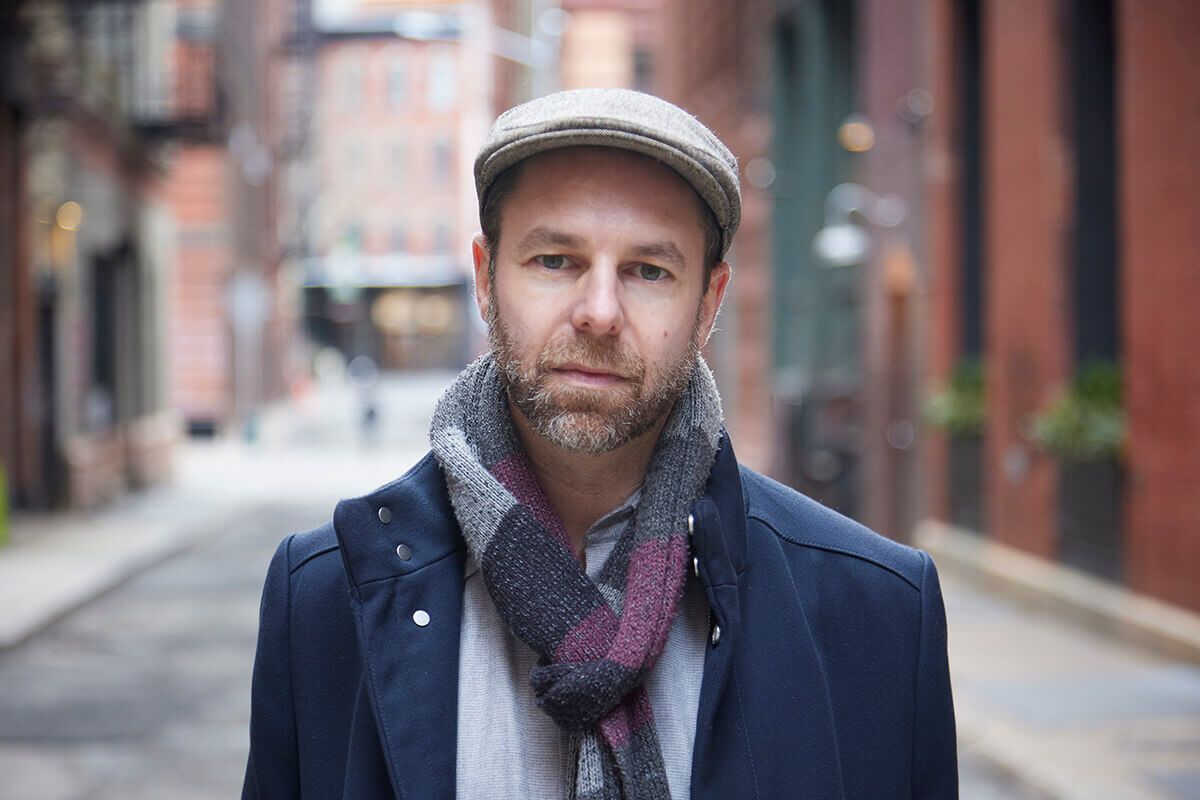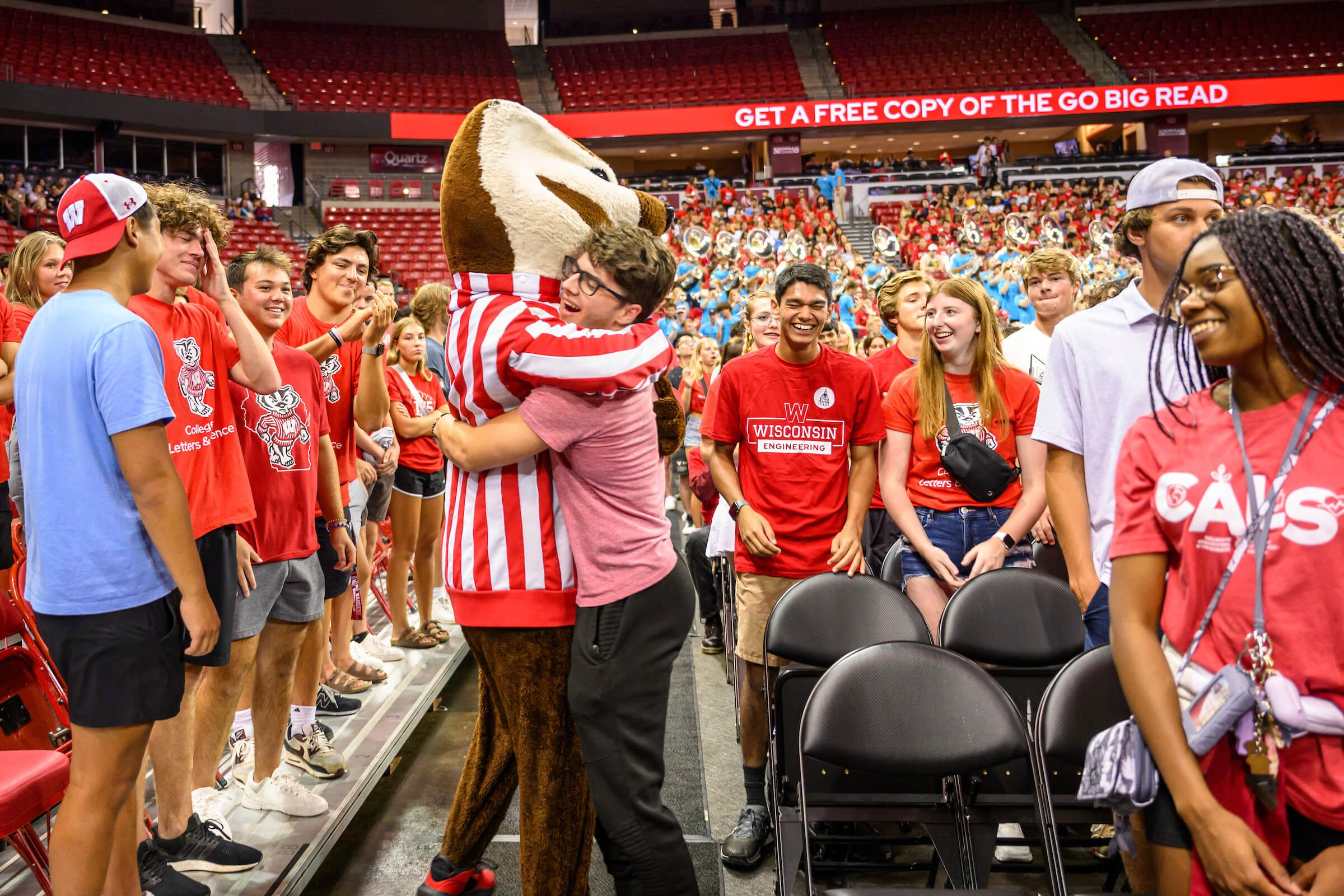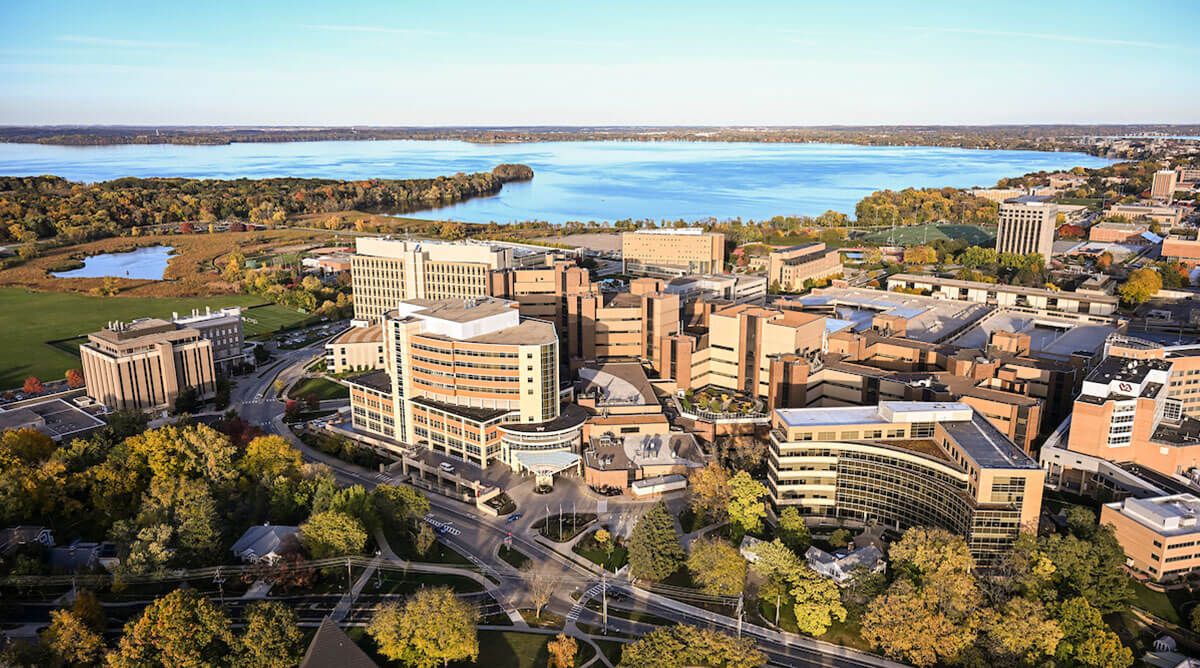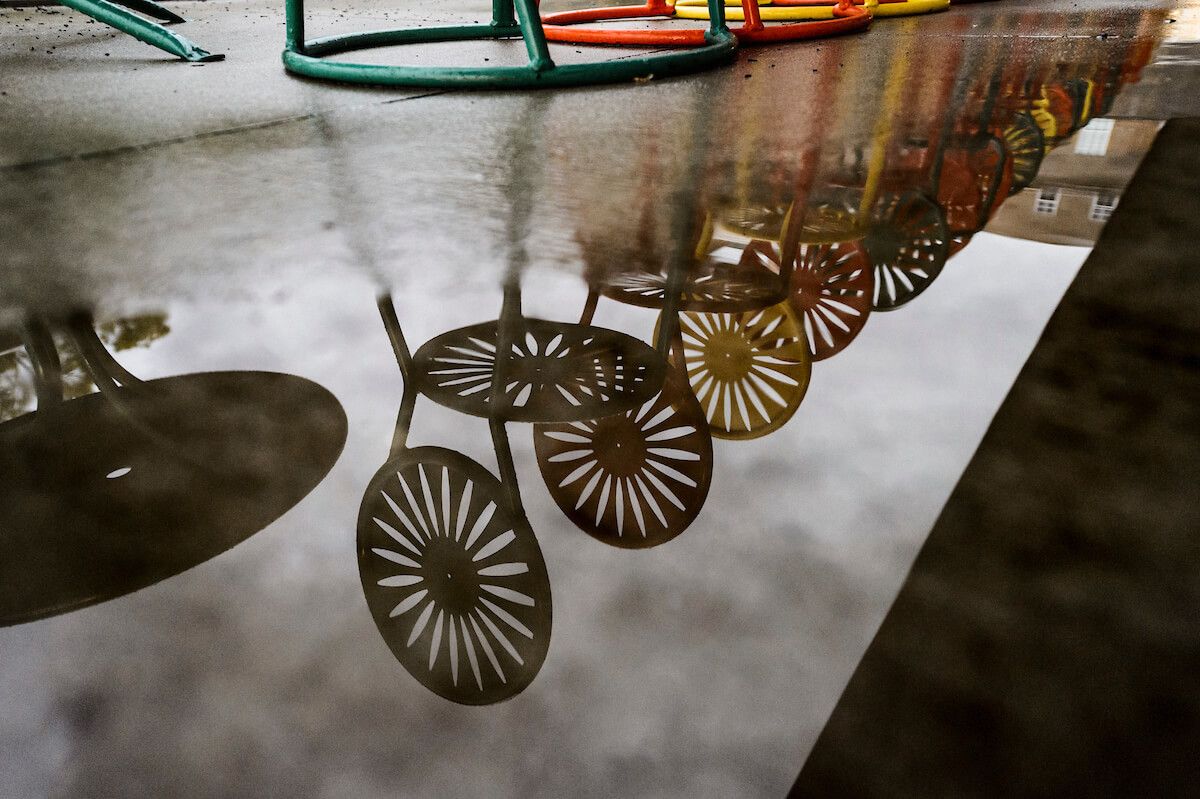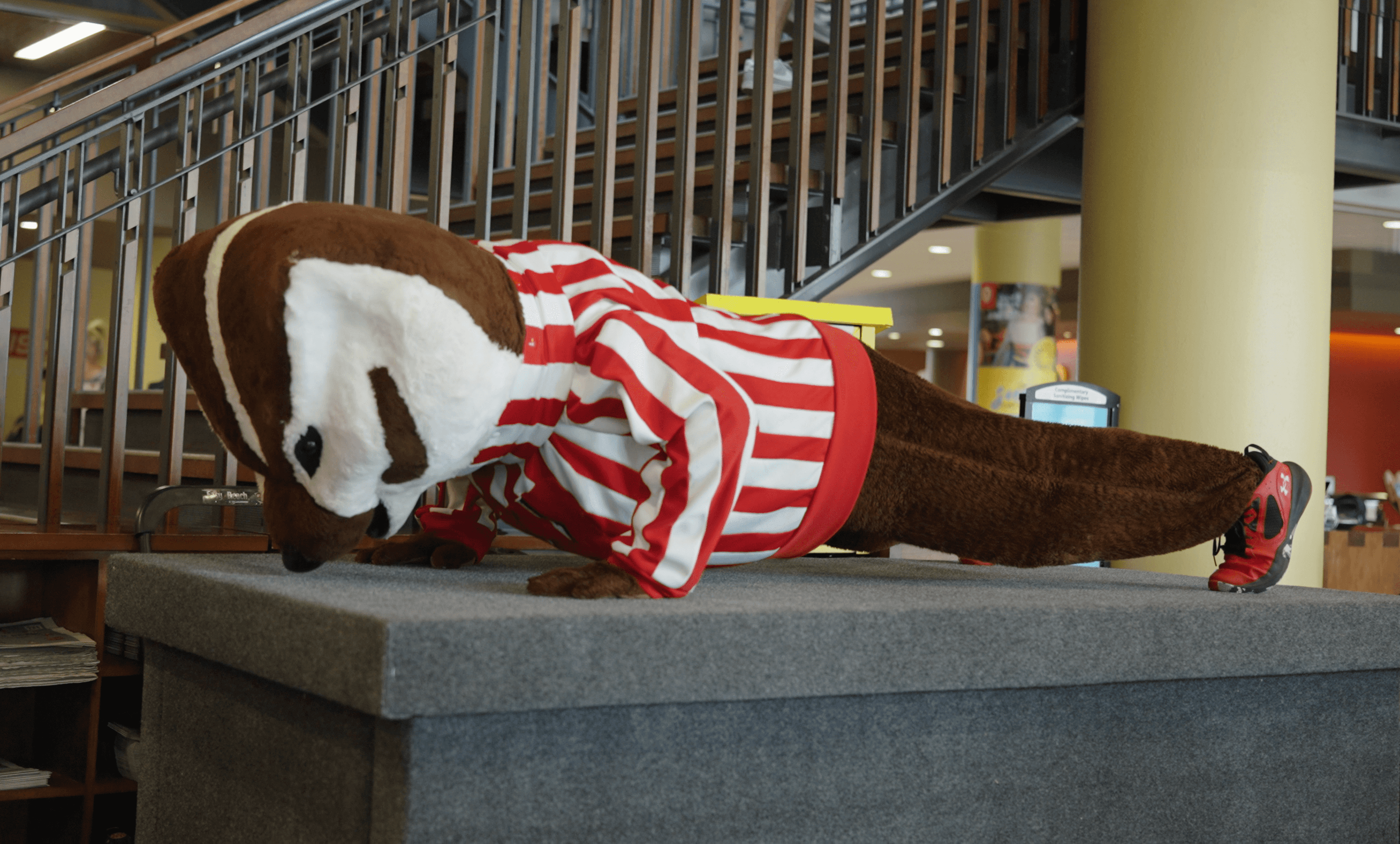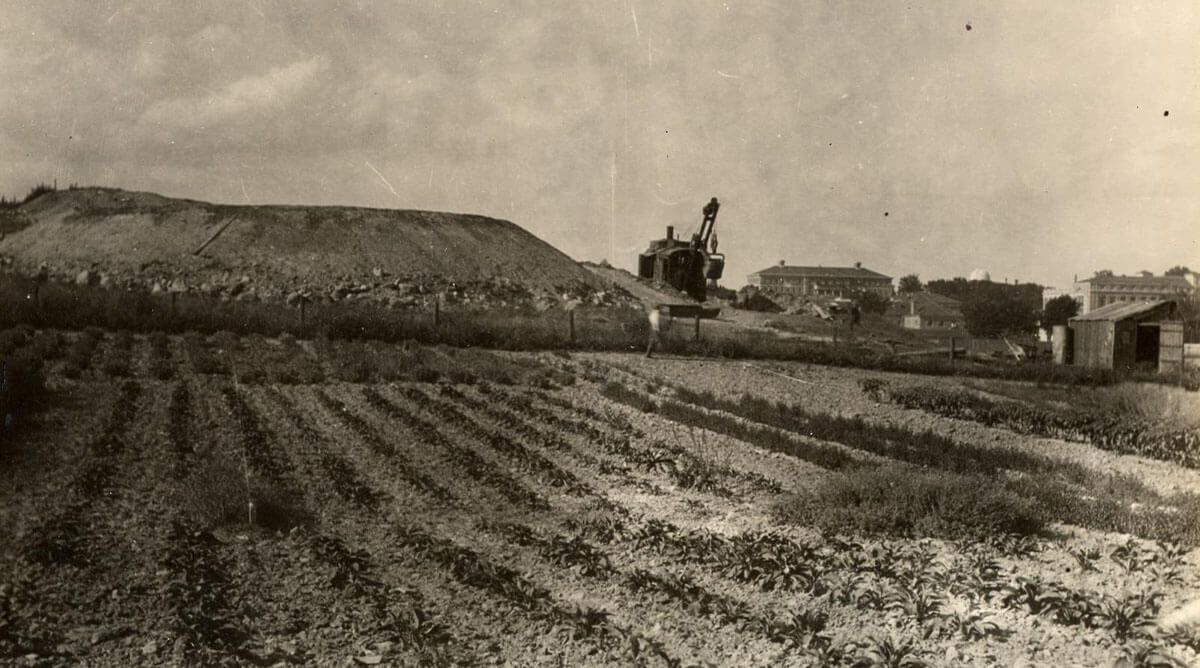When Yolanda Jenkins ’67 attended the UW, there weren’t many resource centers or student organizations serving Black students. She just missed the establishment of the Center for Afro-American and Race Relations in October 1968, and the Department of Afro-American Studies only began offering classes in fall 1970. But Black students built strong ties with one another, nevertheless. “Because there were so few Black students on campus, it was not hard,” Jenkins says. “In the Rathskeller, there was an area where a lot of Black students — I wasn’t into cards that much — but there was a whole bid whist area in the Rathskeller. So we knew where to find each other.”
When Ena ’68, MS’71 and Richard Harris ’68, core members of this informal Black student union, decided to organize a reunion in 1996, they provided a new space for friends to find one another again. Ten California-based grads, including Jenkins, plus a few out-of-staters, came to Northern California to catch up and reminisce about their UW days. “When you have friendships like that — even though there’s been a long period of time that’s passed — when you get together, it’s like you were back in college,” Jenkins explains.
The friends swapped stories and relived their young-adult shenanigans, including the time when Jenkins’s roommate snuck backstage at the Union Theater to swipe civil rights leader Stokely Carmichael’s suitcase in 1967. “She held his suitcase hostage to tell him that he needed to come and speak to the Black students that were on campus,” Jenkins recounts. Carmichael agreed to come and speak at the girls’ apartment that night. He not only retrieved his suitcase but even bunked with them before heading out of town the next day.
The group took on a name that channels similarly daring antics: Black and Bold Badgers — BABB for short — and a tradition was born. Until the COVID-19 pandemic hit, BABB met at least every other year. Each reunion was held in a different location to accommodate the nearly 30 members of the group scattered across the country.
Almost 60 years after Jenkins’s graduation, BABB is becoming a smaller group. She hopes to resume the reunions soon to spend more time with remaining members and commemorate the friends the group has lost over the years. This became particularly important to BABB after the death of Gwynette McDonald ’68 in August 2020. “She was just this really lovely, highly intelligent, kind human being and everyone loved her in the group,” Jenkins says. “She was in seemingly perfect health and had sent a funny video to the group the night before her sudden death.”
The shock of McDonald’s death pushed the remaining BABBers to establish a small fund in her honor, an effort led by Jenkins. The Gwynette McDonald Legacy Fund awards book stipends to students of color in the Mercile J. Lee Scholars Program to help ease the financial burden of college. “It was a way of trying to pay it forward for the lifetime friendships that we formed,” Jenkins explains. “Giving something back to the university is a way to honor people that became your friends at the university.”
The fund also acknowledges the struggles that Black students had on campus in the 1960s and seeks to give today’s underrepresented students an easier time. “Most of the Black students when I was there either were on scholarship or were working part time to meet the expenses of the school. And it’s hard to balance that,” Jenkins says. “It’s a huge university, and if you can find people that can help you, or even just a little financial assistance, it’s worth it.”
To the BABBers, finding the right group of people to support you is one of the most valuable resources that campus has to offer — whether it’s a formal organization or a group that you build yourself. Jenkins hopes that BABB’s story will inspire more alumni to reconnect with the people who got them through never-ending lectures, finals frenzies, and young adulthood. “[BABB is about] how important it is to have these kinds of lifelong friends,” she says. “And sometimes you have to put a little effort into making it happen. But it’s worth the effort.”
